Publications
Articles, publications, books, tools and multimedia features from the U.S. Institute of Peace provide the latest news, analysis, research findings, practitioner guides and reports, all related to the conflict zones and issues that are at the center of the Institute’s work to prevent and reduce violent conflict.
Question And Answer
Amid a Changing Global Order, NATO Looks East
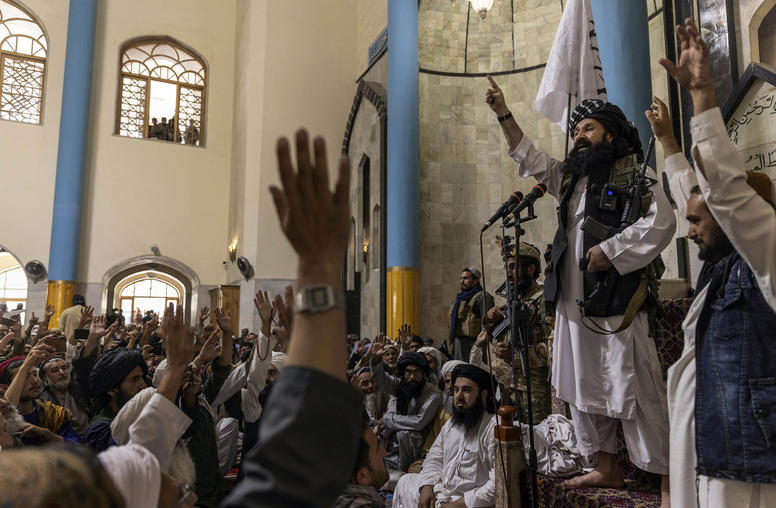
A Shift Toward More Engagement with the Taliban?
Since the Taliban retook power in Afghanistan in August 2021, the United States has found itself in a vexing dilemma — wanting to condemn and hold accountable the Taliban regime for persecuting women and girls, harboring terrorists and failing to govern inclusively, but also wanting Afghanistan to avoid famine and civil war, and achieve some economic and political stability. U.S. policymakers have thus tried to balance principle and pragmatism. To exert pressure on the Taliban, the United States has withheld diplomatic recognition and traditional development aid, frozen Afghan Central Bank assets and maintained sanctions on Taliban leaders.
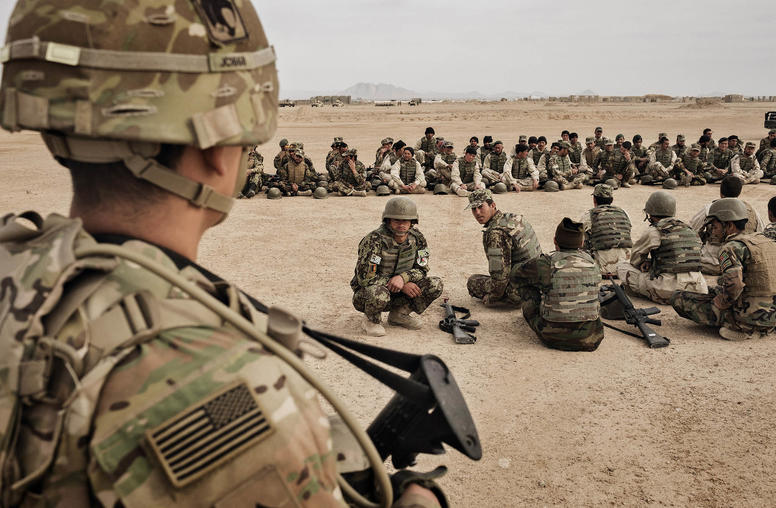
In Afghanistan, Was a Loss Better than Peace?
The American war in Afghanistan incurred staggering costs — for the United States, Afghans and others — over two decades. The U.S. government spent $2.3 trillion, and the war led to the deaths of 2,324 U.S. military personnel, 3,917 U.S. contractors and 1,144 allied troops. For Afghans, the statistics are nearly unimaginable: 70,000 Afghan military and police deaths, 46,319 Afghan civilians (although that is likely a significant underestimation) and some 53,000 opposition fighters killed. Almost 67,000 other people were killed in Pakistan in relation to the Afghan war.
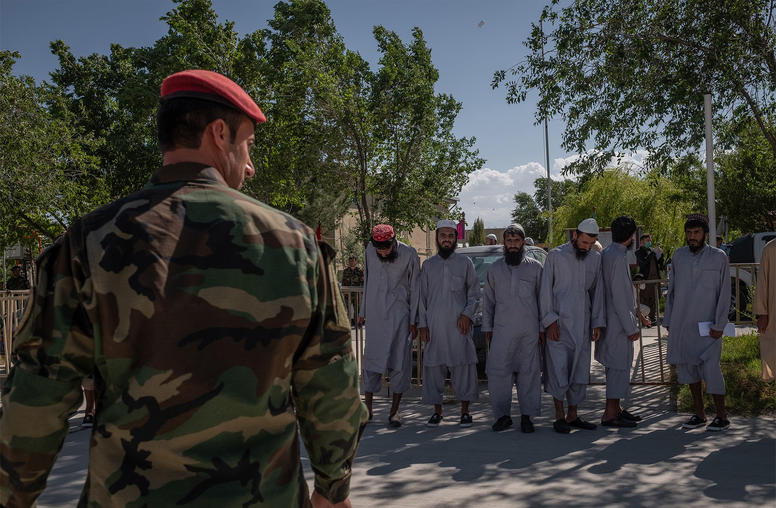
Afghan Peace Talks: Prisoner Release Paves Way for Direct Negotiations
Afghan President Ashraf Ghani on Sunday said that his government would release the last batch of Taliban prisoners, ostensibly removing the final hurdle to direct negotiations with the insurgent group. Intra-Afghan negotiations were originally slated for March 10 as part of the U.S.-Taliban deal signed in late February, but were delayed due to disagreements over prisoner releases. The Afghan government and Taliban had committed to releasing 5,000 and 1,000 prisoners respectively, but the final 400 Taliban prisoners had been accused or convicted of major crimes, including murder. Ghani only made the decision to release those prisoners after he called for a consultative assembly, or loya jirga, to advise on the decision. USIP’s Afghanistan experts explain why Ghani convened the loya jirga, what to expect in the early stages of talks, and what role the United States can play.
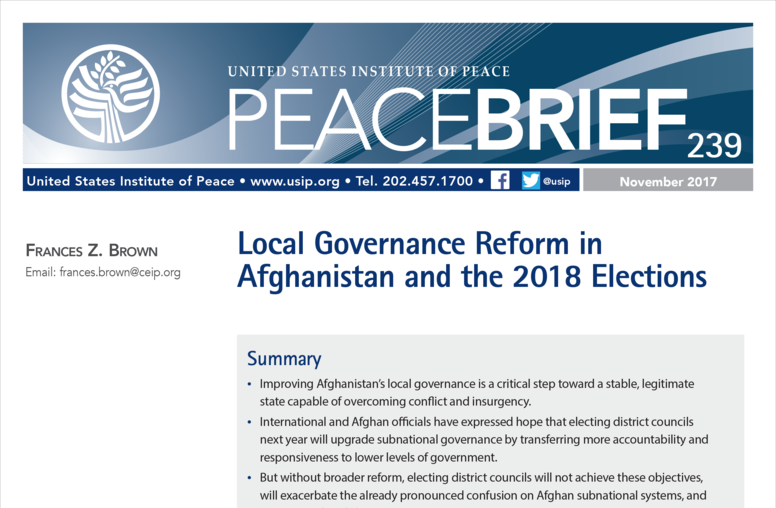
Local Governance Reform in Afghanistan and the 2018 Elections
This summer, Afghanistan’s Independent Electoral Commission announced that its long-delayed elections to launch district councils will be held in July 2018. The international community has formally welcomed the statement, noting that district councils are both long overdue and a manifestation...
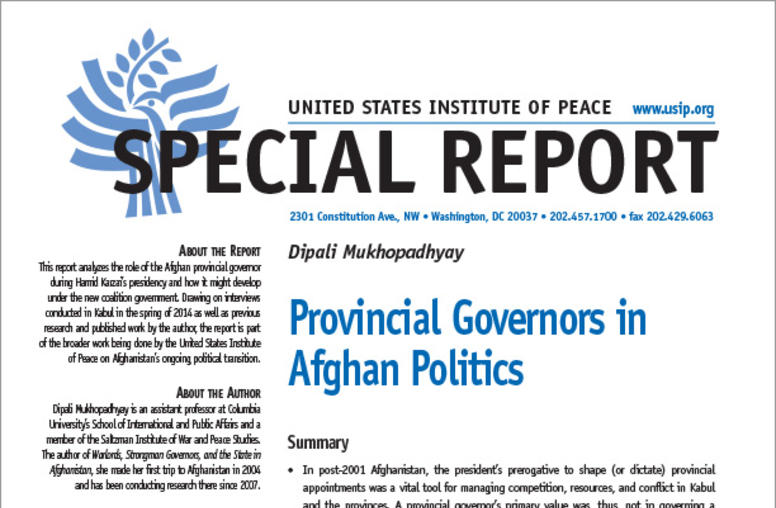
Provincial Governors in Afghan Politics
The presidency of Hamid Karzai was a significant transition for Afghanistan. This report describes subnational politics—specifically, provincial governorships—over the period in general terms, exploring the gaps between assumptions that drove belief in the possibility of a radically new and improved brand of governance and the realities on the ground. The findings aim to inform a more realistic outlook not only on Afghan politics past and future, but also on subsequent foreign-led interventio...
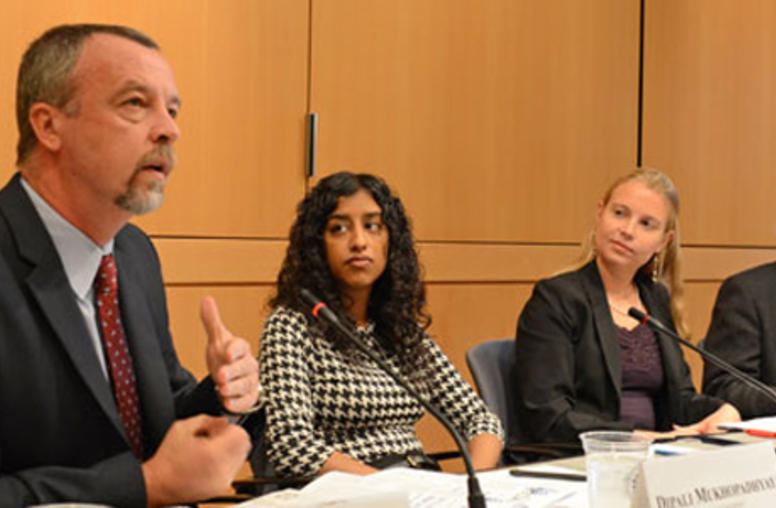
USIP Experts Draw on Afghan History for Transition Lessons
Frances Z. Brown and William Byrd, two of USIP's Afghanistan specialists, discuss the challenges facing Afghanistan in transitioning to full national control over its security and domestic affairs as international military activity and other assistance wind down.